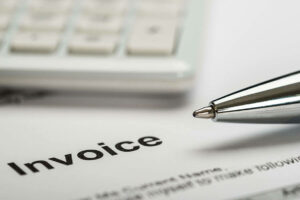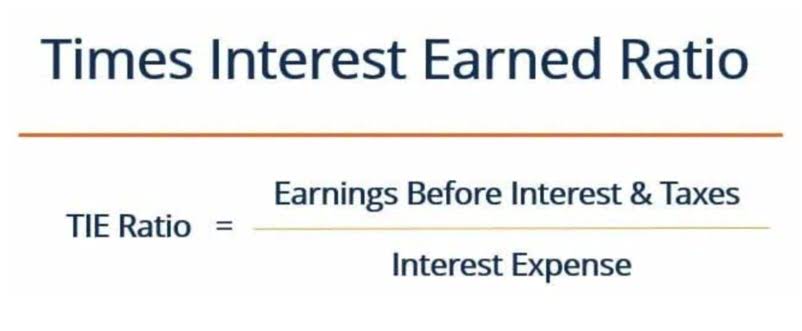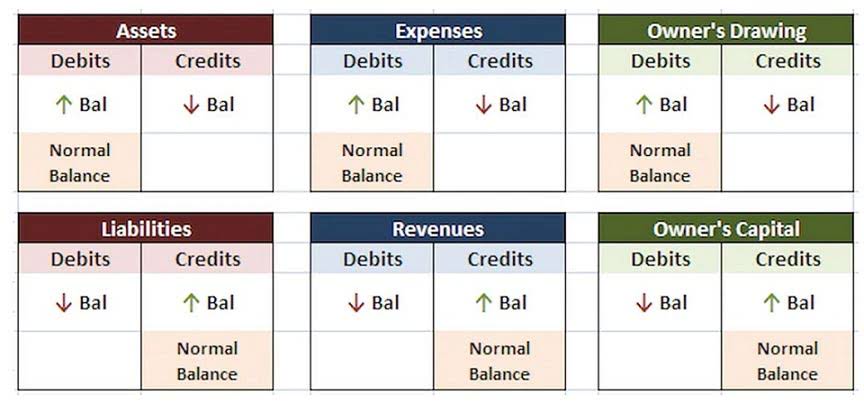
As a sole trader, bookkeeping and managing your accounts are the key tasks you have to deal with. In order to be able to Law Firm Accounts Receivable Management pay your taxes when the self-assessment deadline comes round, you need to put a certain amount away every month. It is recommended that you put away at least 20% of your income away to pay your taxes. To be able to effectively deal with taxes and pay them on time, preparation is key.
How to Grow Your Business Organically
- For tangible assets like equipment, thoroughly track purchase invoices, in-service dates, depreciation terms, expected lifespans and disposal values.
- By taking these simple steps, you can rest assured that your business finance records are in good shape and will stand up to any external scrutiny if selected for auditing.
- With online accounting software nobody will have access to them unless you hand over your password.
- You will normally have to pay a fee for having a business bank account, whereas a personal account is free.
- You’ll need to provide some basic information about yourself and your business.
They’ll help tailor your accounting system to suit your unique business world. The software immediately gets to work learning your expenses and begins automating accounting tasks right off the bat. The five accounting software picks listed above are our favorites, hands down. But if you didn’t find your match, you aren’t out of options—our self-employment honorable mentions each have something sole trader accounting to offer. For one, while your invoices are unlimited, your clients aren’t.

Keeping It Alive
This will help you monitor your performance more accurately and aid with forecasting cash flow. While it might seem daunting, understanding accounting is crucial for maintaining a healthy financial position for your business. Closing a sole trader business is a straightforward process, but you do need to follow certain steps to ensure everything is wrapped up legally and financially.

Who Is Steven Bartlett? Our Guide To The New Dragon In The Den
- Missing a tax deadline is like missing the last train home—you’ll end up with a penalty, and it’s often costly.
- Whether you’re exploring how to start a side hustle or ditching the nine-to-five, one of your first big decisions will be to pick the right structure for your new venture.
- For instance, FreshBooks might work best for you if you depend on frequent invoicing.
- A sole trader also must register for VAT if they have a turnover above £85,000 or want to reclaim VAT on sales made to VAT-registered businesses.
- If you’re in any doubt, talk to a professional bookkeeper or accountant for their recommendations on the best software for your business.
- They can offer tailored advice, help with tax planning, and even identify savings or business growth strategies you hadn’t considered.
- It’s like misjudging the size of a puddle and ending up ankle-deep in water.
To avoid this, consider opening a separate bank account for business and be meticulous in documenting every transaction. Getting into the groove of good accounting practices can seem daunting, but it’s key for smooth sailing. Stay on top of your records; regular updates can save you from a mountain of receipts come year-end.

Regular review of financial statements and seeking professional help when necessary are important steps in maintaining accurate records that will benefit the business in the long run. payroll By prioritising proper bookkeeping practices, sole traders can focus on what they do best – running their business – and leave the financial management to the experts. As a sole trader, it’s important to understand your tax obligations and ensure you comply with relevant tax laws. In Australia, sole traders are required to pay income tax on their business profits, which is calculated based on their taxable income.
Broadband nightmares: The internet company that paid extra for a connection
Exploring the accounting maze as a sole trader can seem daunting, but it’s your stepping stone to financial clarity and business success. You’re not just running a business; you’re steering a ship where every penny counts and understanding the flow of your finances is crucial. Your financial needs are likely too complex for freelancing accounting software. Instead, read all about the best accounting software for small businesses.

The Art of Sole Trader Bookkeeping: A Guide to Financial Success
After you’re all set up as a sole trader, you can focus on taking the next steps towards long-term success. Let’s check out some top factors for boosting your business’s potential. For example, let’s say you’re a sole trader operating as a domestic cleaner, and accidentally damage a client’s property while working. Public liability insurance would cover the cost of damages and legal fees minus any excess. If you’re wondering how to set up as a sole trader, the good news is that it’s very straightforward.
Can sole traders have employees?
- Many sole traders like using Excel as they are already familiar with it and can design spreadsheets around business needs.
- So, the HMRC would like business owners to start submitting tax records digitally.
- Whether you fancy single-entry or double-entry bookkeeping depends on your business’s complexity.
- Find out what accounting software can do and use this guide to help find the right package for your business.
- Nowadays, you’ve got digital tools and apps that make this memory game a breeze.
- But while we love QuickBooks, its interface isn’t all that different from FreshBooks or Xero.
Core features help manage projects, expenses, accounting, and taxes smoothly. With dedication and expert guidance, sole traders can manage accounting successfully. The financial visibility and control benefits make the investment worthwhile despite more effort required compared to larger, incorporated businesses. Some deductible expenses include operating costs, supplies, accounting fees, advertising, machinery, and depreciation. Tracking all business expenses diligently can lower taxable profits considerably. Failing to report income or claiming ineligible costs can result in tax evasion charges under the law.
 Cart is empty
Cart is empty 



Leave A Comment